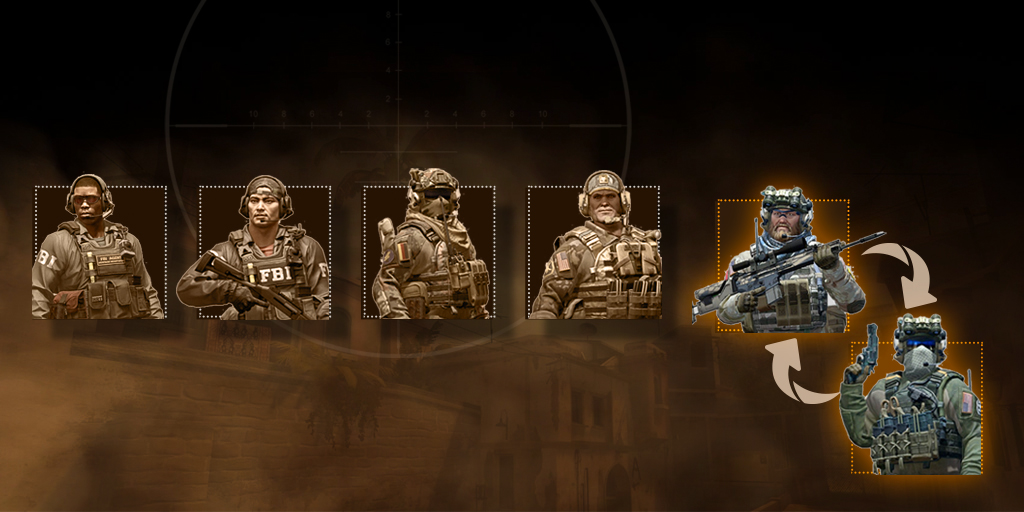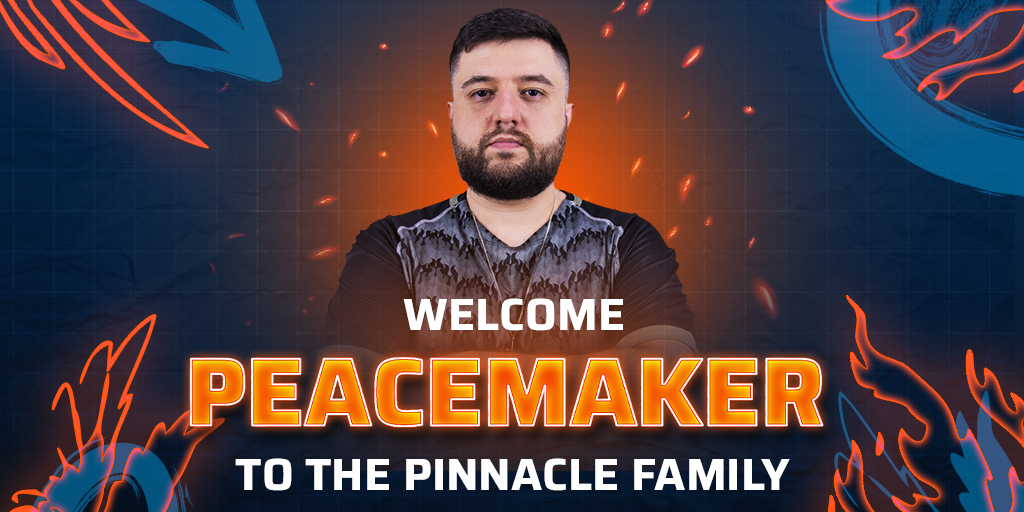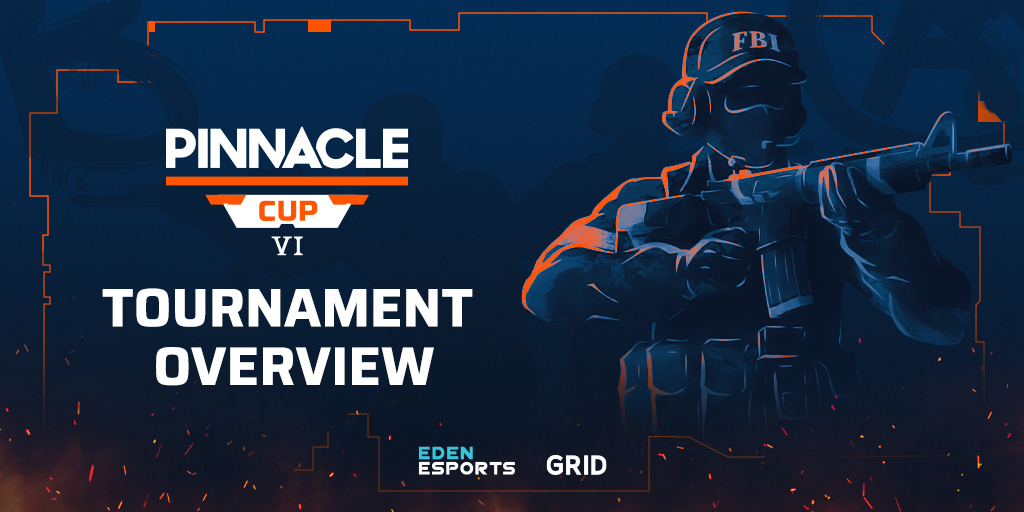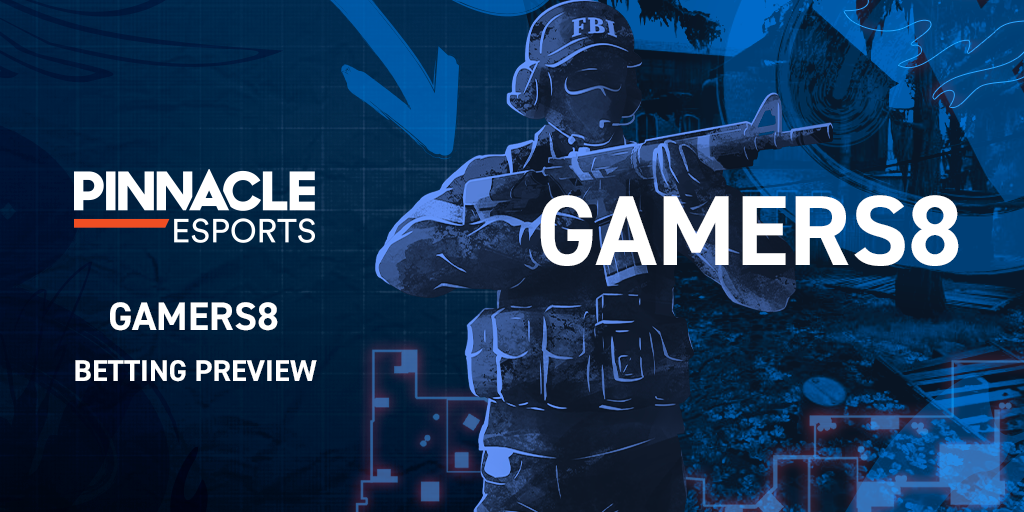On occasion in CS:GO, teams have to opt for using stand-in players or substitutes. With teams like Astralis expanding their roster to seven members to allow for substitutions to occur, former CS:GO professional player Mathieu “Maniac” Quiquerez looks into the impact this can have on teams.
In Counter-Strike, teams often have to use stand-ins or substitutes. How does that impact their performance and through which factors? Needless to say, I had to face this situation a remarkable amount of times when I was playing, would it be as part of a team that missed a member or as the stand-in that was helping a roster.
I’ve also had the pleasure to analyse and cast such occurrences in the last couple of years. First, I’ll explain two different approaches for which a team can utilize a substitute, talking through the pros and cons for both. Finally I’ll address the impact of fielding a substitute on the mental of a team during official games.
Making a substitute fit-in
If you’ll allow me to use a lazy categorisation, one of the factors we can observe when talking about a stand-in is the position and the role they’re been given during the games. Simply said, is the team adapting to the substitute or is the substitute adapting to the team. Let us first consider the case in which the stand-in will try to fill exactly the role of the player who is missing.
Having a stand-in in your ranks during an official game will always alleviate some of the pressure.
Looking at the bright side, putting your stand-in in that position will allow your in-game leader to rely heavily on your pre-existing strategy book and playstyle. There will be very little need to come up with spontaneous executes and solutions on the offensive or defensive setups. One can also prepare more efficiently in that scenario because the roles to be played by the substitute are known and have already been theorized and can be presented in an intelligible way.
Here’s where things can get messy in this theoretically beautiful world. There is notoriously no margin of errors in precise, timed and well-oiled executes. For the tactics to work each and every member often have to hit specific timings, with calculated use of utilities, etc. Adding a stand-in to that mix, you greatly improve the probabilities that mistakes will be made during said tactic and thus the entire cookie might crumble. The same can be said for prepared defences and setups.
It is one thing to discuss where players A, B and C will stand and where they will be looking at, but it requires hours of practice for everyone to know their teammates' reactions in all the different scenarios that can occur.
Amidst the chaos it might be even worse to wrongly assume your teammate, in this case the stand-in, will react according to the protocols rather than to simply know that you’re on your own and you need to make a move. Trying to optimize a stand-in’s input by having him fit the team’s structure clearly has upsides but, like a watch, one small mistake and everything can turn into a disaster.
Adapting to substitutes
Some team leaders have come to that realisation over time and, even if it is a rarer phenomenon, I’ll sometimes see teams that use their stand-in as a literal loose cannon. They will give the substitute all the freedom in the world to be aggressive, be it on the offense or on the defence, allowing them to "gamble stack" wherever the player sees fit and play whatever weapon they fancy.
Putting your stand-in in that position will allow your in-game leader to rely heavily on your pre-existing strategy book and playstyle.
The obvious perk of that approach is that one will maximize the stand-in’s individual performance. How great is it to be able to play CS:GO and do, literally, anything you want? The team will also become much harder to predict because any type of anti-strats or preparation will automatically become null and void.
Allowing a substitute to have that kind of freedom will also be extremely disruptive for the opposing team. Chances are said stand-in will not exactly respect the tacit rules of Counter-Strike and will often be more aggressive than the usual strategic paradigm would suppose. This approach is, of course, a double-edged sword because it heavily relies on momentum.
If you are an in-game leader and elect to go down that road with your substitute, you will need your individuals to win rounds on their own and limit the tactical depth of your playstyle. The problems will start once your team hits a wall and you need some set plays to dig yourself out of a complicated situation.
- Read more from Maniac: The impact of moving to online CS:GO
Plus, allowing a substitute to play however they fancy also requires a lot of flexibility from the rest of the team that will have to rotate around and accommodate him. As a result, the performances you’ll get from the other individuals will surely decrease. The CS:GO that you play with a loose cannon will have to be too one-dimensional to be successful on the long term, but it might help you win some crazy (and funny) games.
Impact of using a substitute
Finally, having a stand-in in your ranks during an official game will always alleviate some of the pressure. It is not in the scope of this article to talk about why that is, but one could mention reduced expectations, "nothing to lose" attitude, more pressure on your opponent, etc. I’ve been in that position and I know that it is a somewhat comfortable feeling to start a game thinking that every single round you win will hurt your opponent mentally.
It is often under these circumstances that star players will tend to have barbaric performances because they are untethered by the confines of the usual protocols and have a different mind-set. Moreover, some players actually reach performances way above their average when they realize that their team, as a whole, will not have what it takes to win a game tactically because they’re playing with a stand-in.
They then proceed to play more aggressively, to take more risks and carry the teams on their shoulders. Even if psychologically relaxing, or even motivating at times, having a substitute will never be something to rejoice about. There will be some perks to it depending on how one decides to approach the situation and how to include the substitute in the team’s structure, but it will always remain a tremendous challenge to perform under these circumstances.







